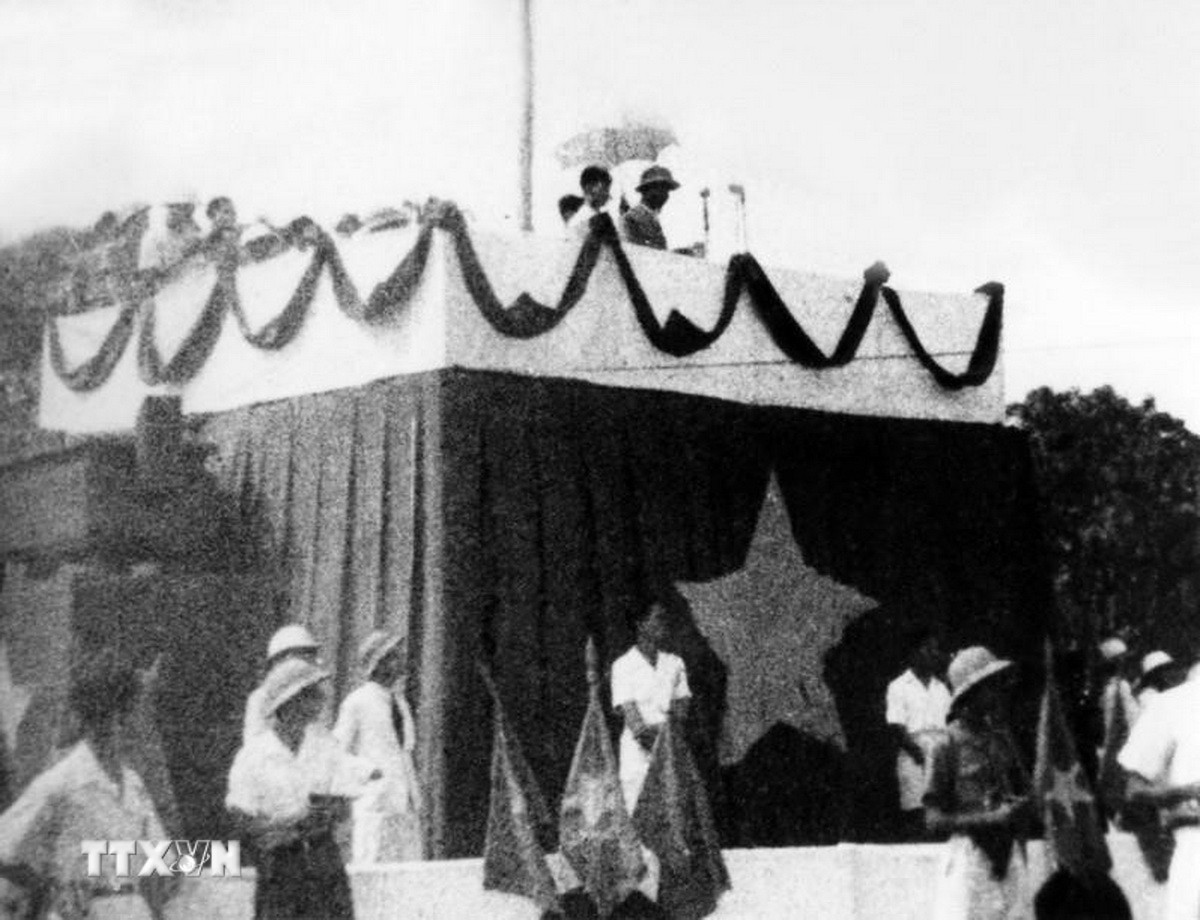
On the morning of September 2, 1945, at the historic Ba Dinh Square, President Ho Chi Minh read the Declaration of Independence, giving birth to the Democratic Republic of Vietnam, affirming before the people and the whole world : “Vietnam has the right to enjoy freedom and independence, and in fact has become a free and independent country. The entire Vietnamese people are determined to devote all their spirit and strength, their lives and property to maintain that freedom and independence.” (Photo: VNA)
The victory of the August Revolution was not only a great turning point ending the colonial-feudal domination but also a revolution for humanity - for the right to life, the right to freedom, the right to pursue happiness.
That victory opened a new era: the era of national independence associated with socialism. From then on, people became the center, goal and driving force of all revolutionary processes and national development strategies.
The revolution liberates people
Before 1945, the Vietnamese people lived in a long night of slavery, oppressed by the French colonial regime and Japanese fascism, and at the same time under the control of the rotten feudal regime.
The people had no rights: no right to vote or run for office; no freedom of speech or religion; not even the right to live was guaranteed. Hunger, cold, high taxes and continuous terrorist attacks took place.
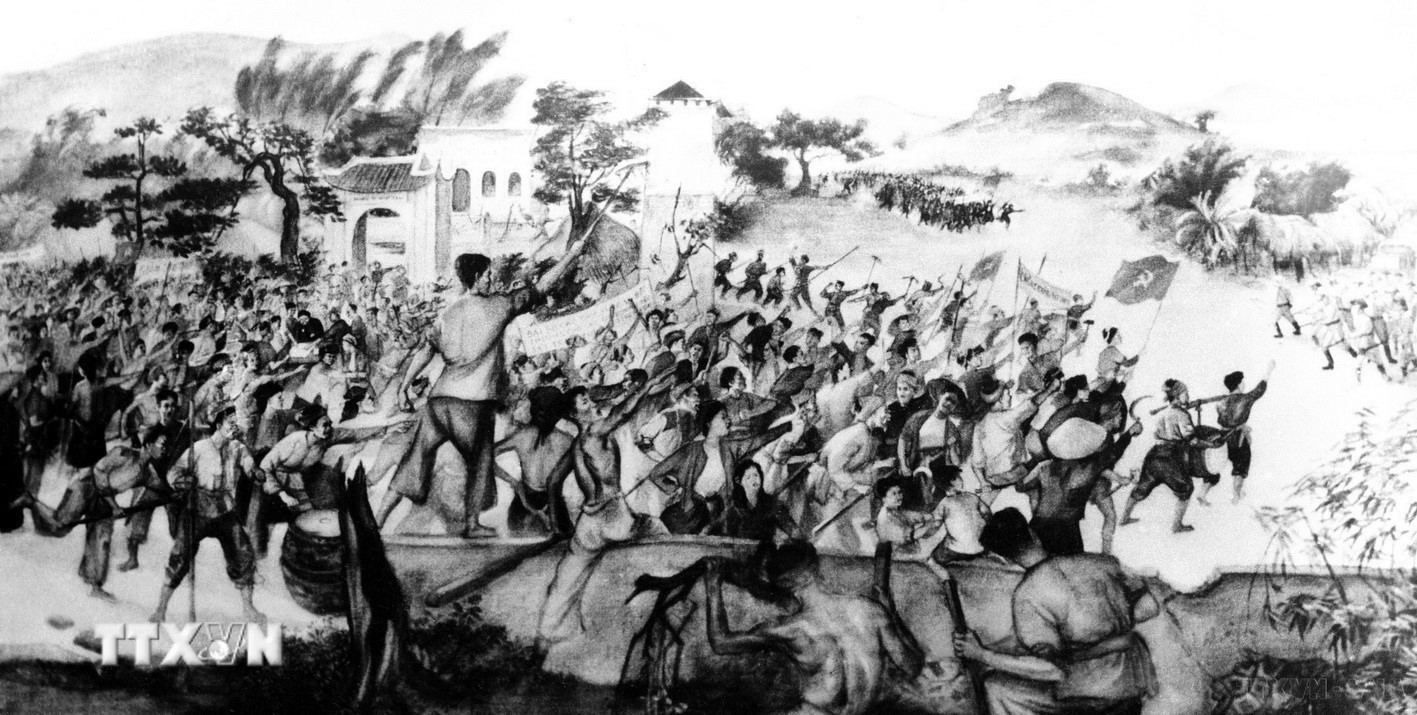
The Nghe Tinh Soviet Movement, the peak of the 1930-1931 revolutionary movement, although it failed, demonstrated the heroic spirit and revolutionary capacity of the Vietnamese working people, and was the first rehearsal for the victory of the August Revolution in 1945. (Photo: VNA archive)
In that context, the birth of the Communist Party of Vietnam in 1930 and especially the wise leadership of President Ho Chi Minh aroused the national spirit, laying the foundation for the great revolution of our people.
The Declaration of Independence resounded like a resounding indictment of the colonial-feudal regime, and at the same time a resounding affirmation of human rights, the right to life and the right to happiness of every Vietnamese citizen.
The victory of the August Revolution in 1945 was the inevitable result of a long, elaborate and comprehensive preparation process - but above all, it was the rise of millions of people who rose from slavery to fight to master the destiny of the nation and their own lives.
On September 2, 1945, at the historic Ba Dinh Square, President Ho Chi Minh, on behalf of the provisional government, solemnly declared to the entire nation and the world: “Vietnam has the right to enjoy freedom and independence and has in fact become a free and independent country. The entire Vietnamese people are determined to devote all their spirit and strength, their lives and property to maintain that freedom and independence.”
The Declaration of Independence resounded like a resounding indictment of the colonial-feudal regime, and at the same time a resounding affirmation of human rights, the right to life and the right to happiness of every Vietnamese citizen.
Revolution for the right to life and human dignity
The highlight of the August Revolution was that it fundamentally and thoroughly resolved the human right to life. From being pushed to the brink of destruction by the famine in 1945 that killed more than 2 million people, our people regained the right to be masters of their homeland, the right to exist, the right to live in a truly just and compassionate society. The Revolution not only changed the fate of the nation but also changed the fate of each individual.
Under the first Democratic Republic in Southeast Asia, for the first time people were called "citizens," enjoying equal rights and obligations before the law.
President Ho Chi Minh once affirmed: "Our government is a government of the people, by the people and for the people." In the early days of independence, despite the country's difficulties, the provisional government still issued many humanitarian policies: abolishing taxes, organizing famine relief, reforming administration, and implementing leniency for the people.
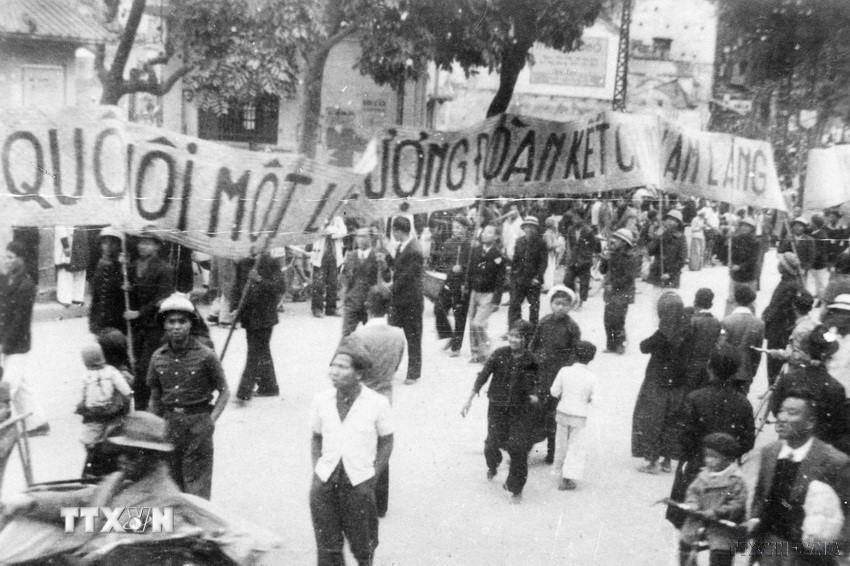
Working people in the capital carry out propaganda for the first General Election day. (Photo: VNA)
The young democratic republic conducted universal suffrage elections, implementing the right to vote and run for office for all classes of people.
In particular, the fact that Vietnamese women were given the right to vote and run for office as early as 1946 was a huge step forward, while at that time, many countries in the world, including in the West, were still limiting or not fully recognizing this right for women.
The August Revolution was truly a great leap forward in the history of Vietnamese social development, from a backward feudal society to a modern democratic society, laying the foundation for the Socialist Republic of Vietnam.
Arousing the desire for freedom and happiness in every citizen
National independence is a prerequisite, but freedom and happiness are the ultimate destination. In the 1945 Declaration of Independence, President Ho Chi Minh quoted the American and French Declarations of Human Rights, emphasizing: “All men are created equal. They are endowed by their Creator with certain inalienable rights; among these are life, liberty, and the pursuit of happiness.”
That shows that the August Revolution was not only nationalistic but also imbued with the spirit of humanity and human rights. Since that great victory, the concept of “happiness” has become a constitutional goal in every stage of the country’s development.
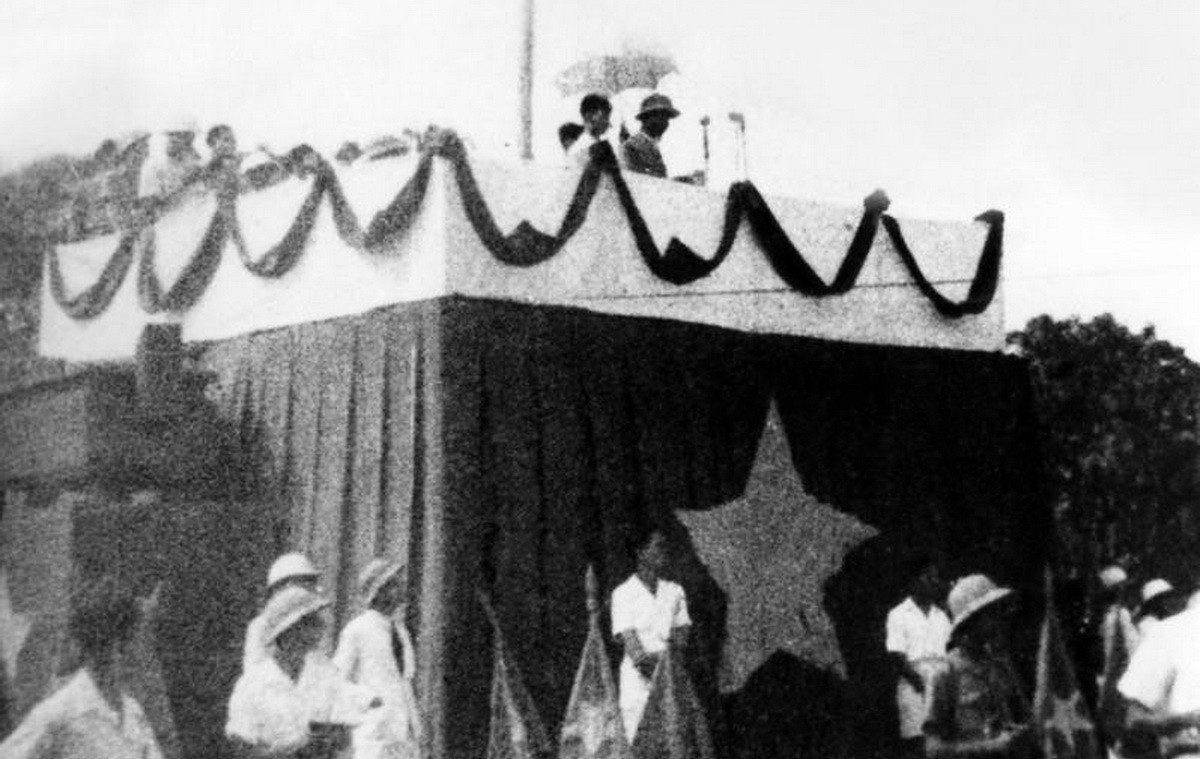
On the morning of September 2, 1945, at the historic Ba Dinh Square, President Ho Chi Minh read the Declaration of Independence, giving birth to the Democratic Republic of Vietnam, affirming before the people and the whole world: “Vietnam has the right to enjoy freedom and independence, and in fact has become a free and independent country. The entire Vietnamese people are determined to devote all their spirit and strength, their lives and property to maintain that freedom and independence.” (Photo: VNA)
“Independence-Freedom-Happiness” are the three core values that form the foundation for every thought and action of every Vietnamese person.
Over the past 80 years, from the resistance war to peace building, from the subsidy period to the period of renovation and deep international integration, the goal of "for the people" has always been the red thread running through the guidelines and policies of our Party and State.
That is why, in all circumstances, despite devastating wars, severe natural disasters or global economic fluctuations, Vietnam has always strived (and in fact achieved many great successes) to improve the quality of life, develop education, take care of people's health, sustainably reduce poverty and ensure social security.
Persistently pursuing development goals for people and people's happiness
Continuing the ideology of "taking people as the root" of the August Revolution, our Party and State always identify people as the foundation, the goal and the driving force of sustainable development.
The process of building and perfecting the legal system has been continuously promoted, focusing on ensuring the legitimate rights and interests of the People. The 2013 Constitution marked an important step forward in constitutionalism, when for the first time there were 36 articles directly regulating human rights and civil rights.
On that basis, a series of specialized laws such as the Civil Code, Criminal Code, Law on Children, Law on Gender Equality, Law on Persons with Disabilities... have been issued, amended and supplemented, aiming to concretize rights in an increasingly comprehensive direction, consistent with domestic practice and international standards.
Along with the improvement of the law, Vietnam has achieved many positive results in ensuring human rights in practice. The social security system has been expanded in scope and improved in quality.
By the end of 2024, the country had 95.52 million people participating in health insurance, accounting for 94.2% of the population; hundreds of thousands of poor households, near-poor households, and people with revolutionary contributions had received housing support. Poverty reduction targets continued to achieve remarkable results, especially in ethnic minority areas and poor districts.
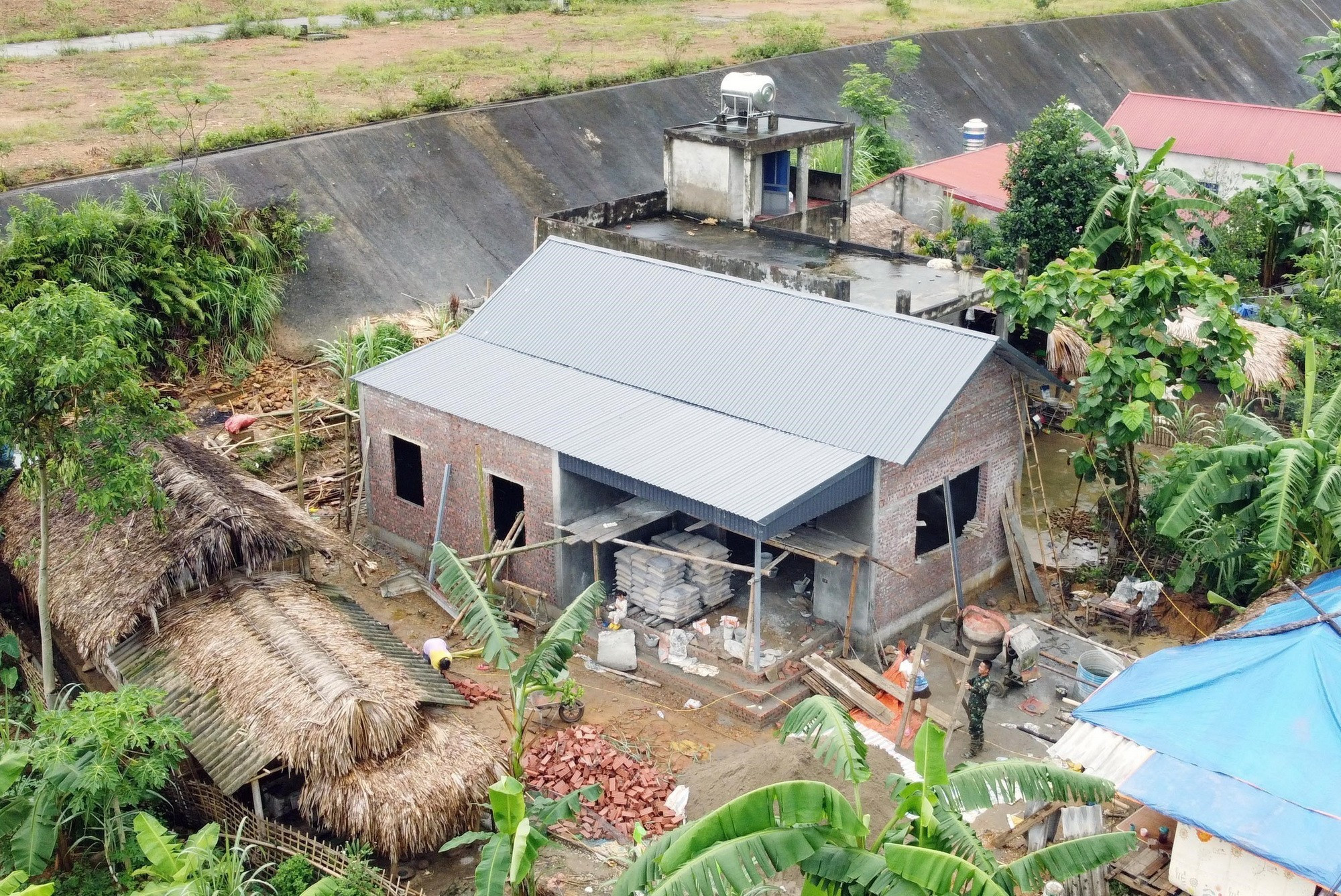
The new house is being rushed to completion from the program of 'eliminating temporary and dilapidated houses' of Ms. Dinh Thi Xuyen's family, Muong ethnic group, Lai Dong commune, Phu Tho province. (Photo: Ta Toan/VNA)
The State also pays special attention to ensuring the rights of vulnerable groups such as children, women, the disabled, and the elderly. The rate of children attending school and completing primary school is over 98%, and the rate of female deputies to the 15th National Assembly is 30.26% - the highest level ever.
People with disabilities, the elderly and ethnic minorities enjoy many policies to support health care, education, employment and livelihood development, contributing to ensuring social equality and progress.
In addition to domestic efforts, Vietnam has also actively participated in international conventions on human rights, serving as a member of the United Nations Human Rights Council for two terms (2014-2016 and 2023-2025). Through this, Vietnam not only affirms its strong commitment to human rights, but also contributes its responsibility to the common efforts of the international community in promoting universal values of freedom, equality and human dignity.
The August Revolution of 1945 was a brilliant milestone in the modern history of Vietnam, when for the first time human rights, national rights and human dignity were fully affirmed in an independent nation.
The August Revolution of 1945 was a brilliant milestone in the modern history of Vietnam, when for the first time human rights, national rights and human dignity were fully affirmed in an independent nation.
80 years later, that spirit of humanity is still the foundation for all policies of the Party and State.
Continuing history, Vietnam has always been steadfast in its development path for the people, for the happiness of the people, for a democratic, fair, civilized and progressive society./.
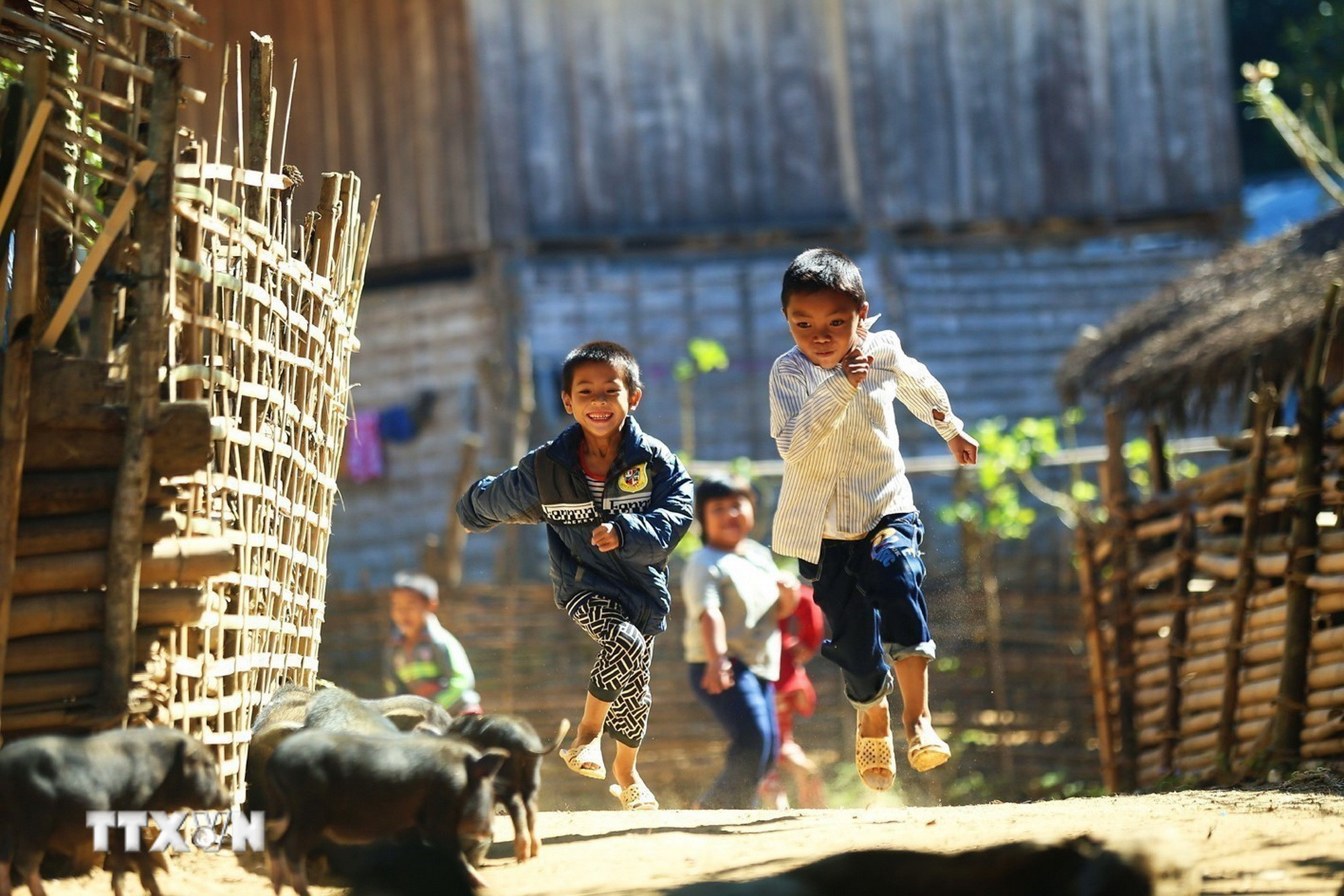
The joy of highland children playing with friends. (Photo: Phan Tuan Anh/VNA)
Source: https://www.vietnamplus.vn/cuoc-cach-mang-vi-con-nguoi-vi-quyen-song-quyen-muu-cau-hanh-phuc-post1053089.vnp




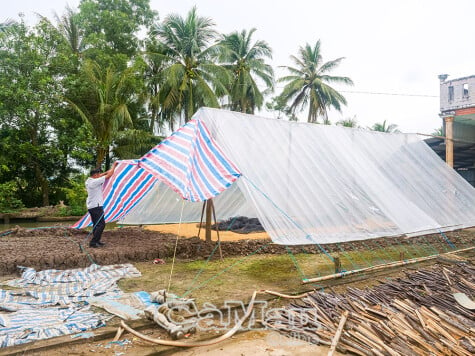
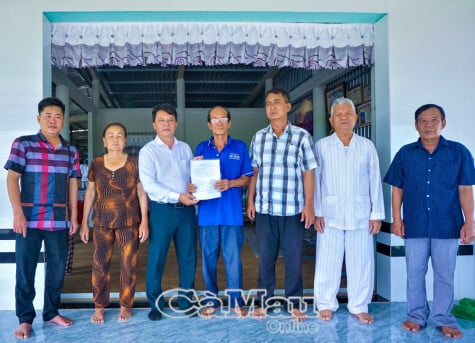
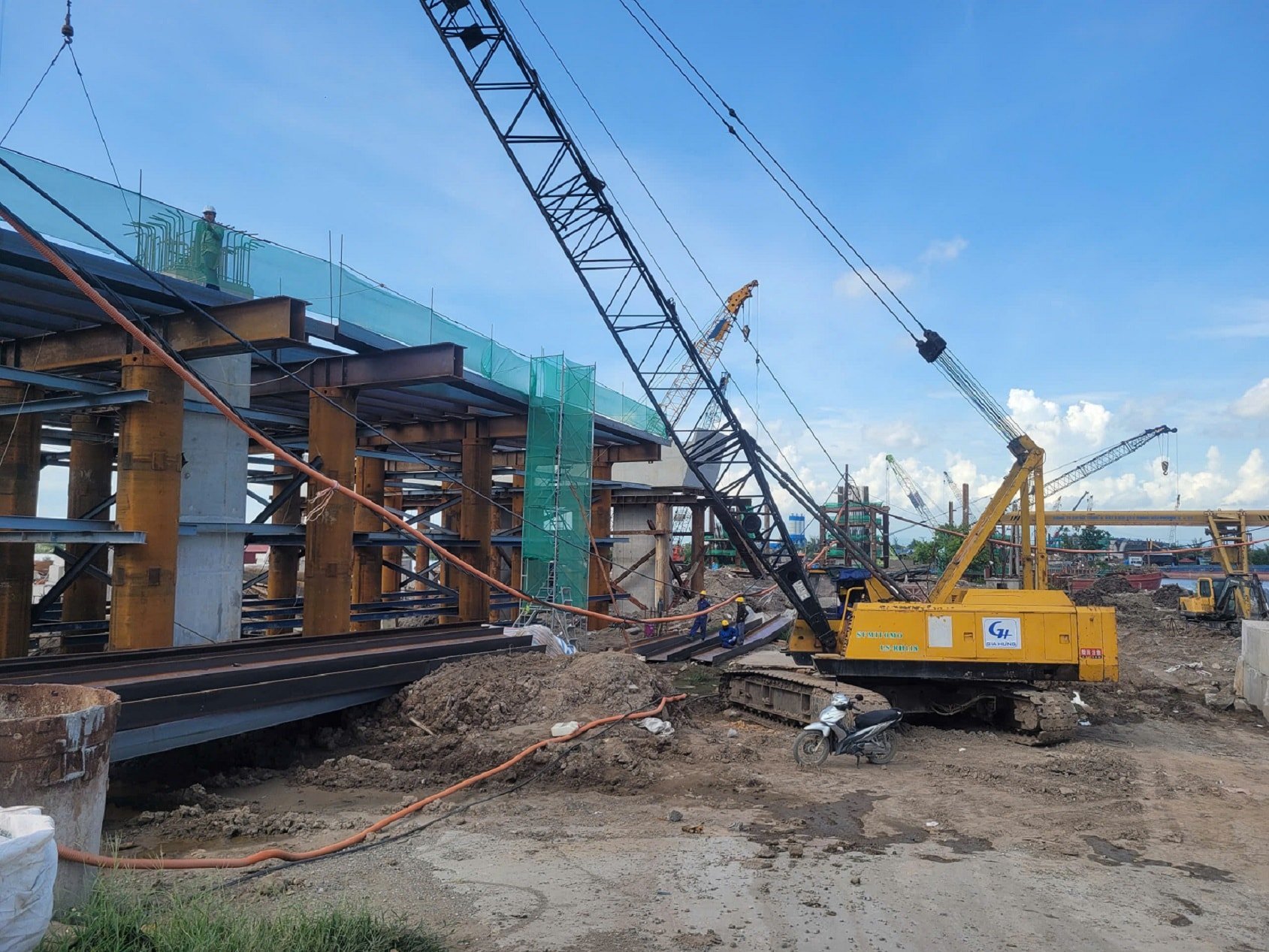
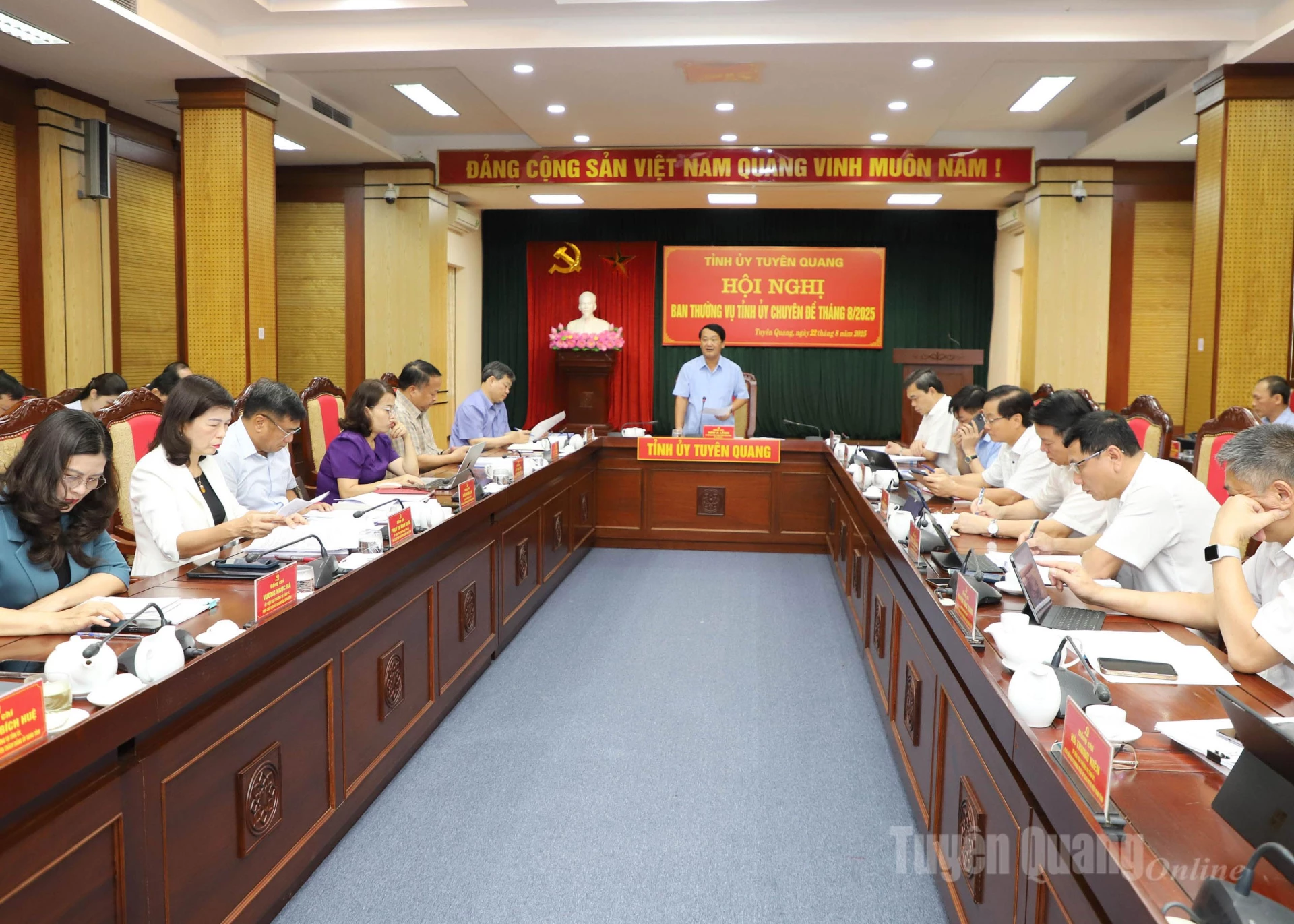
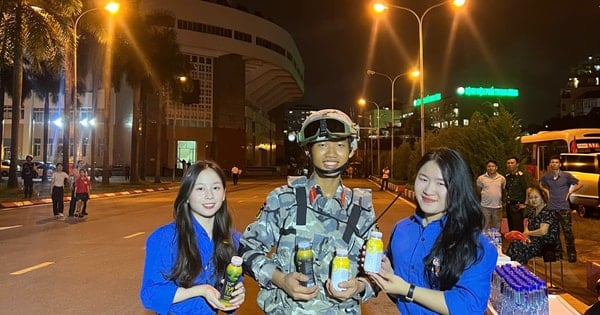
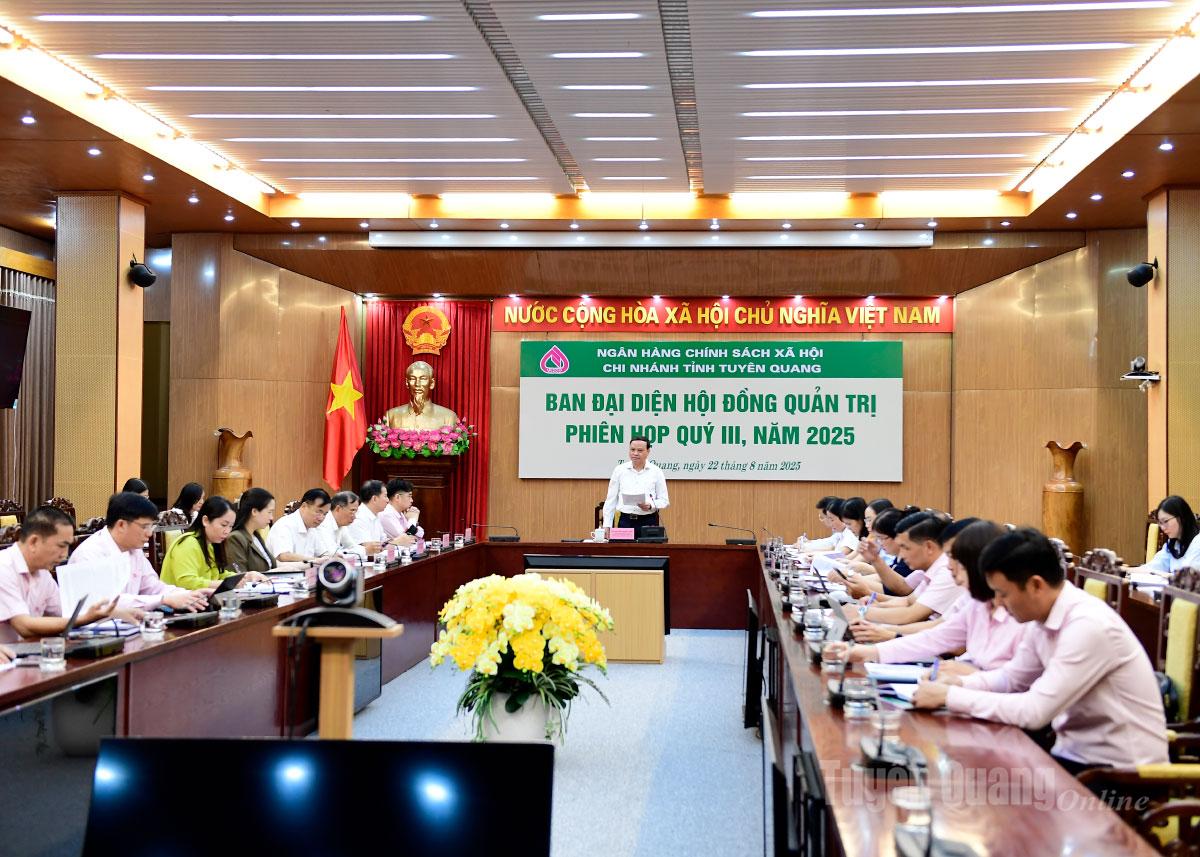
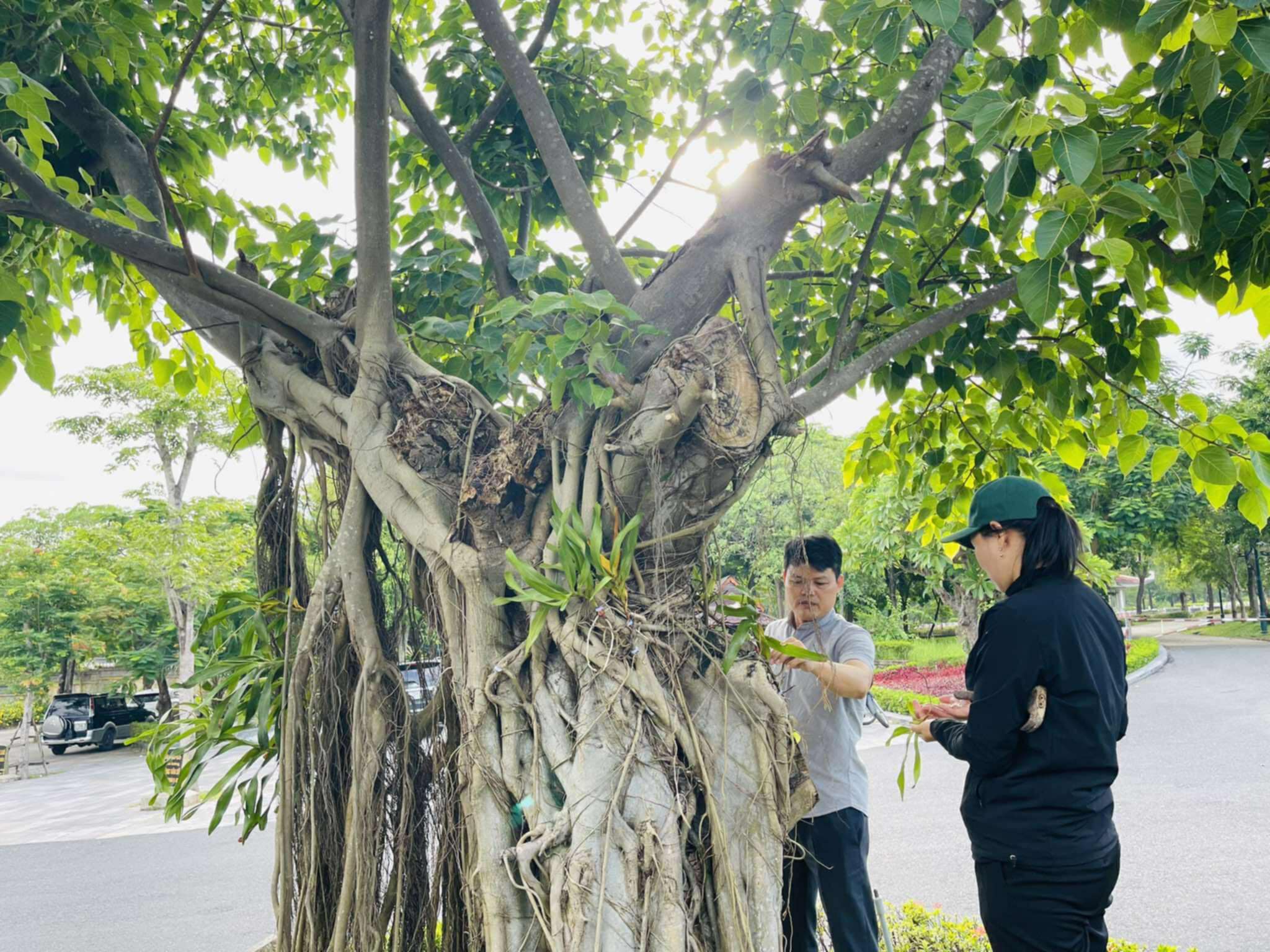
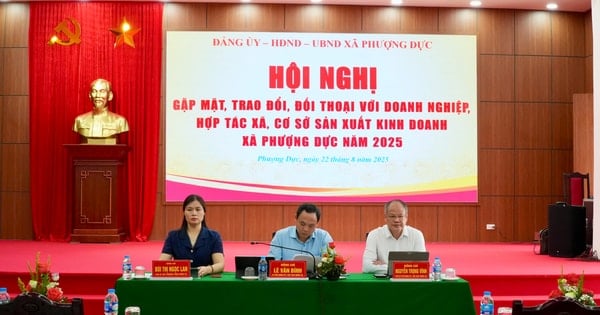
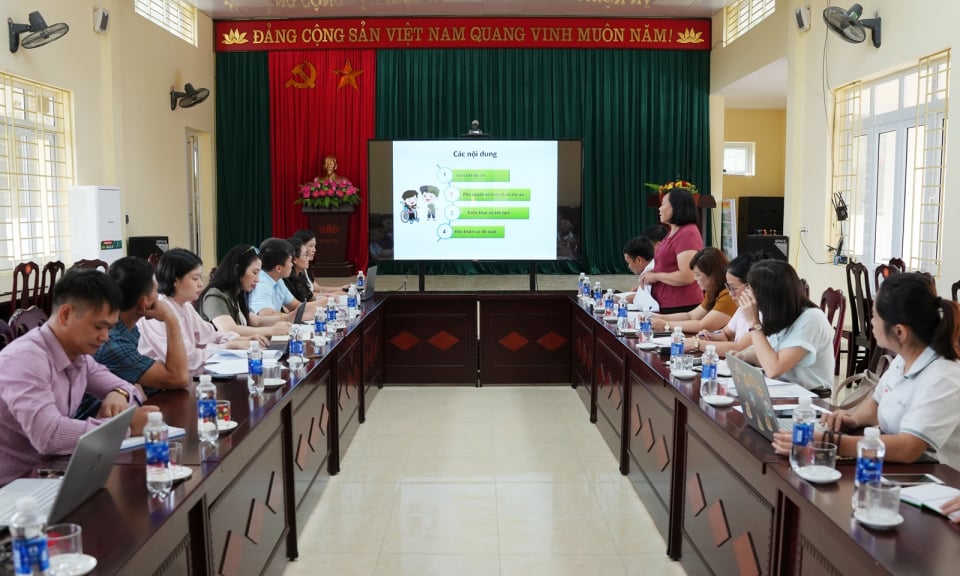










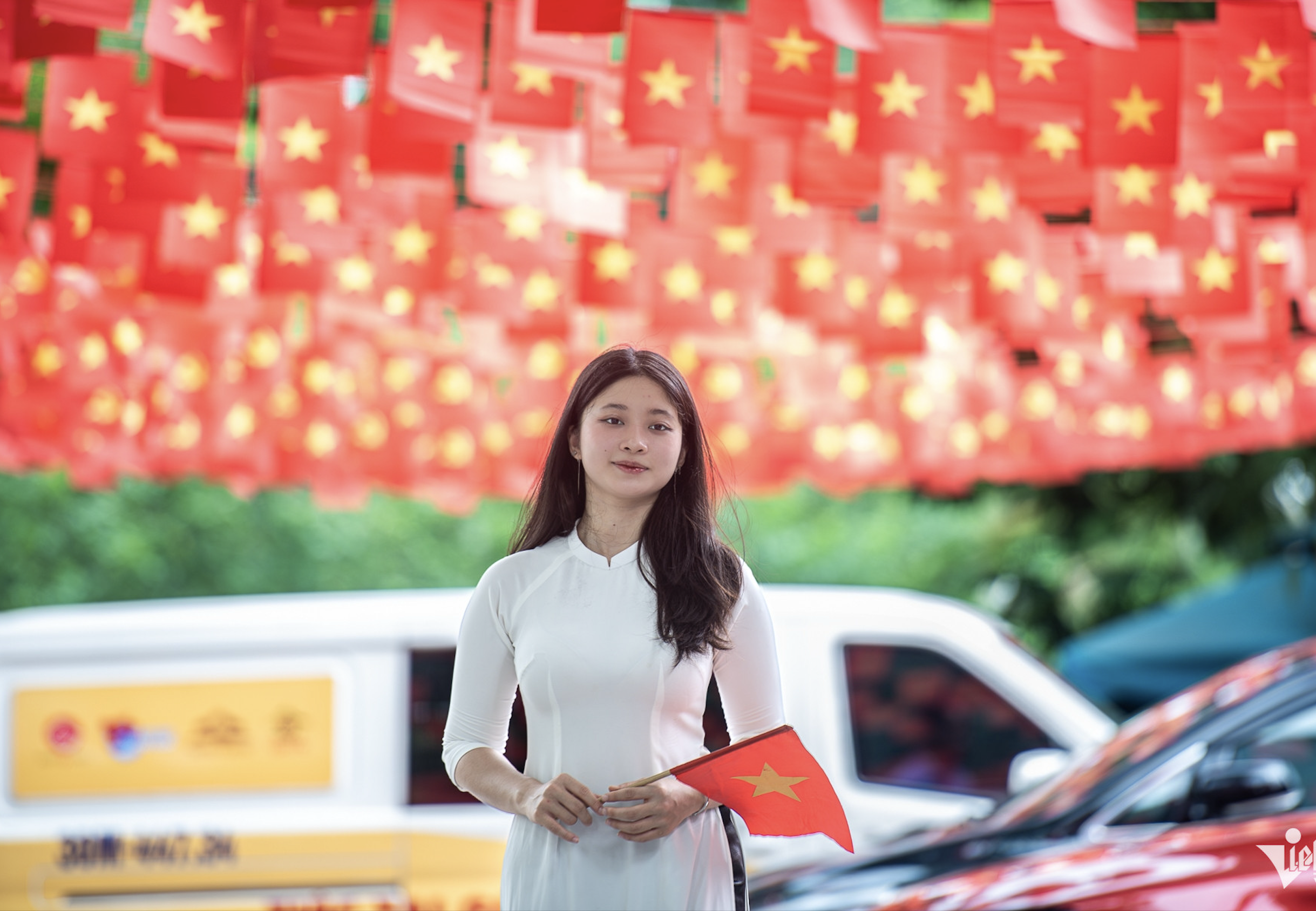
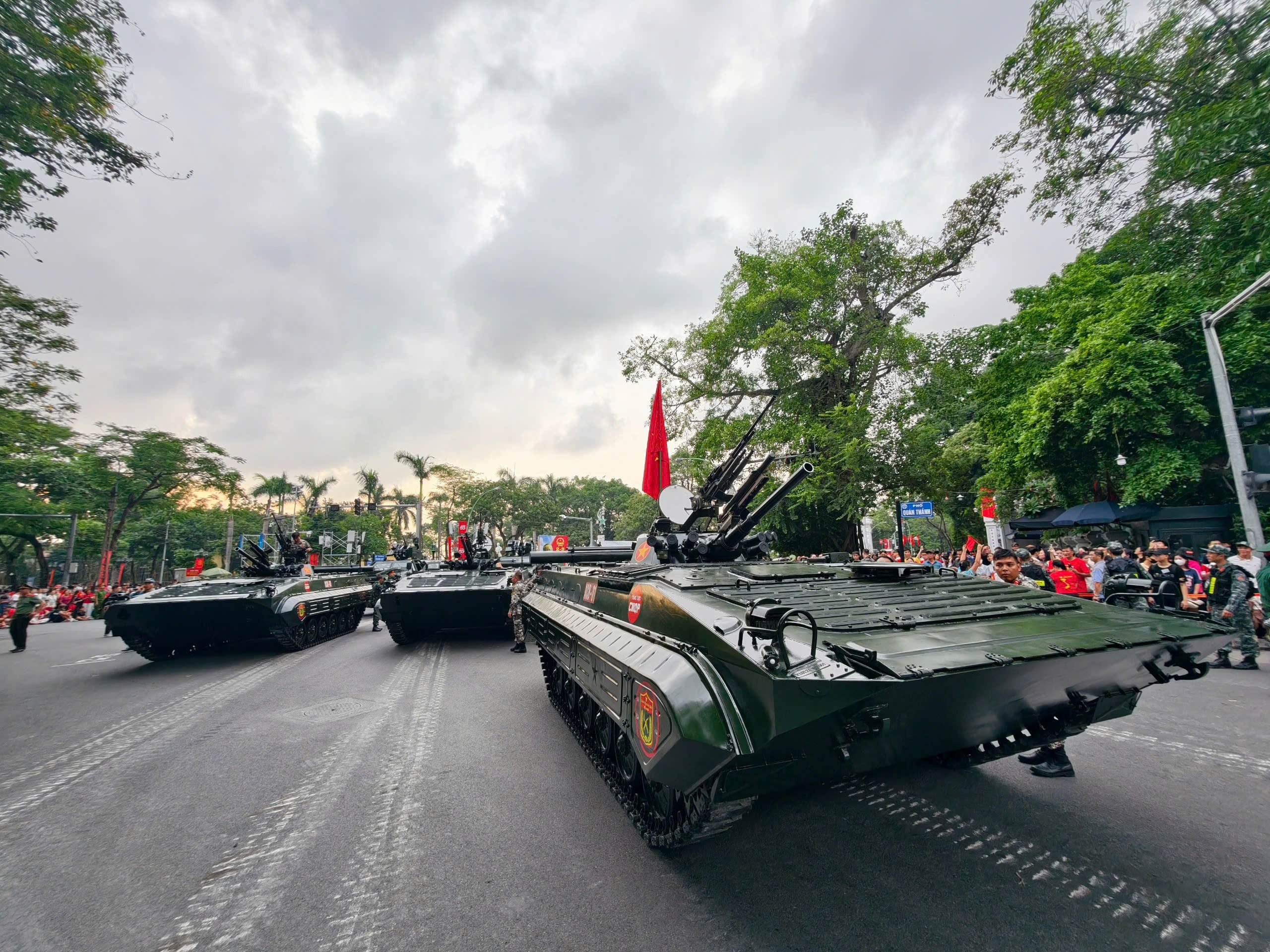


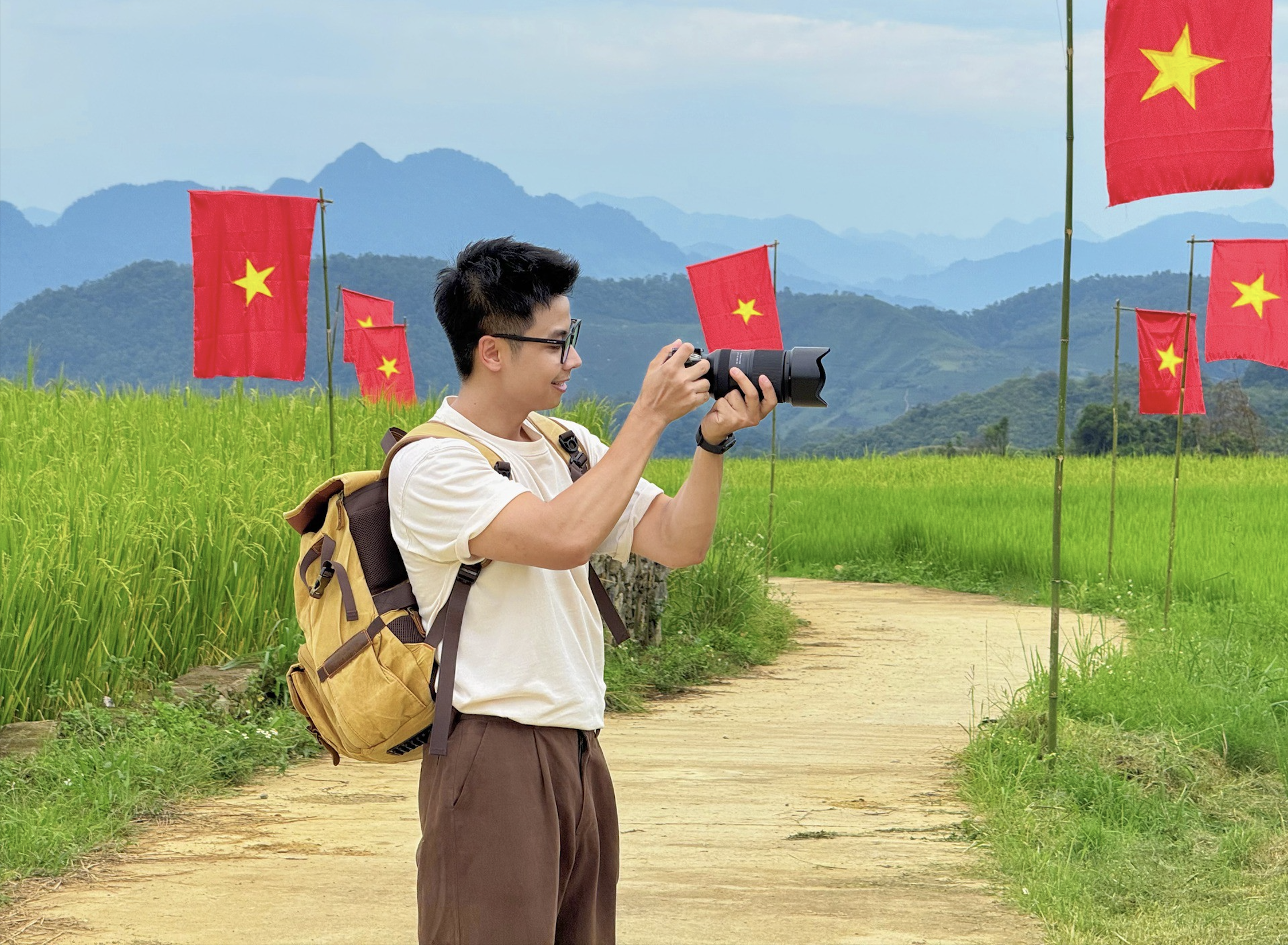
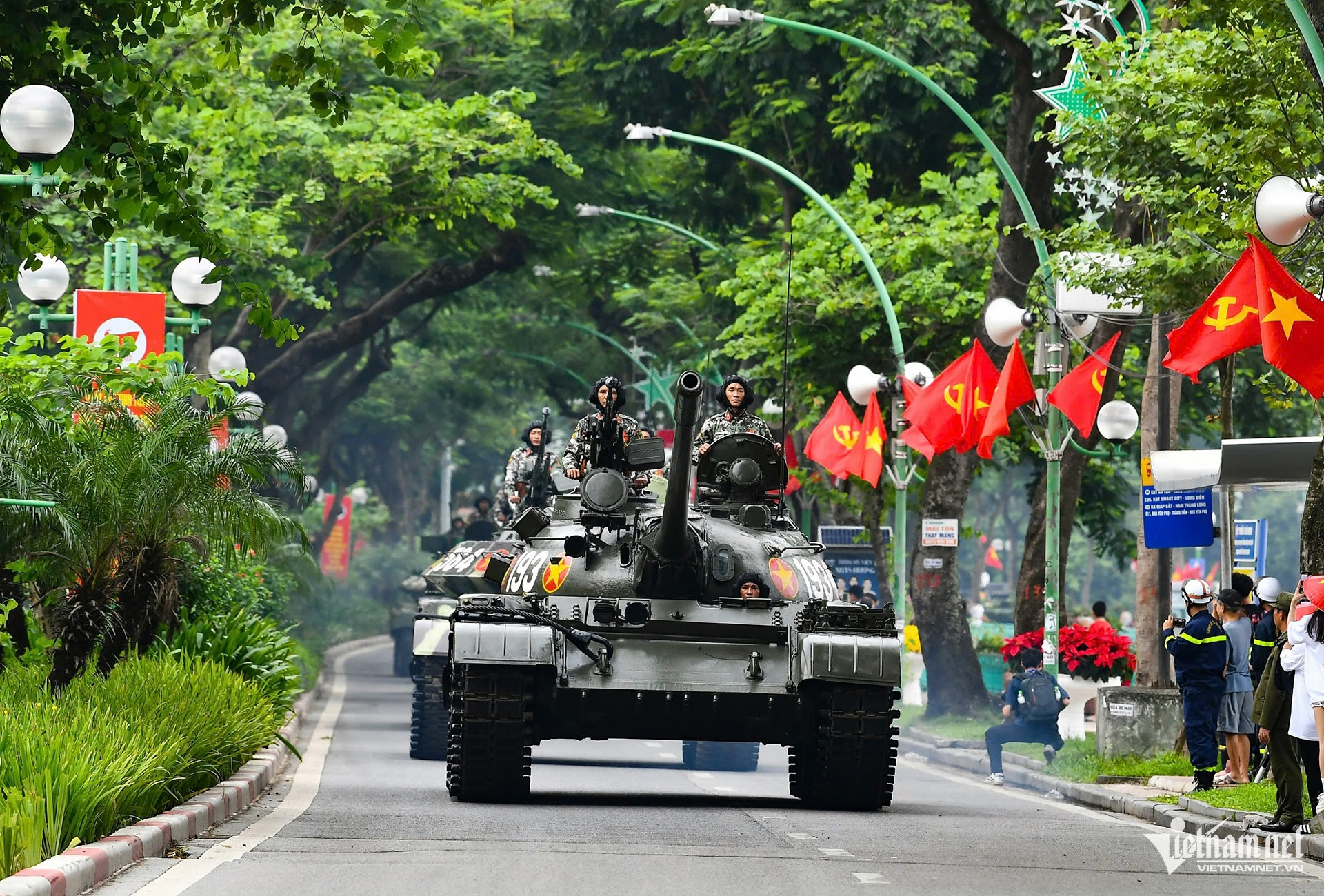
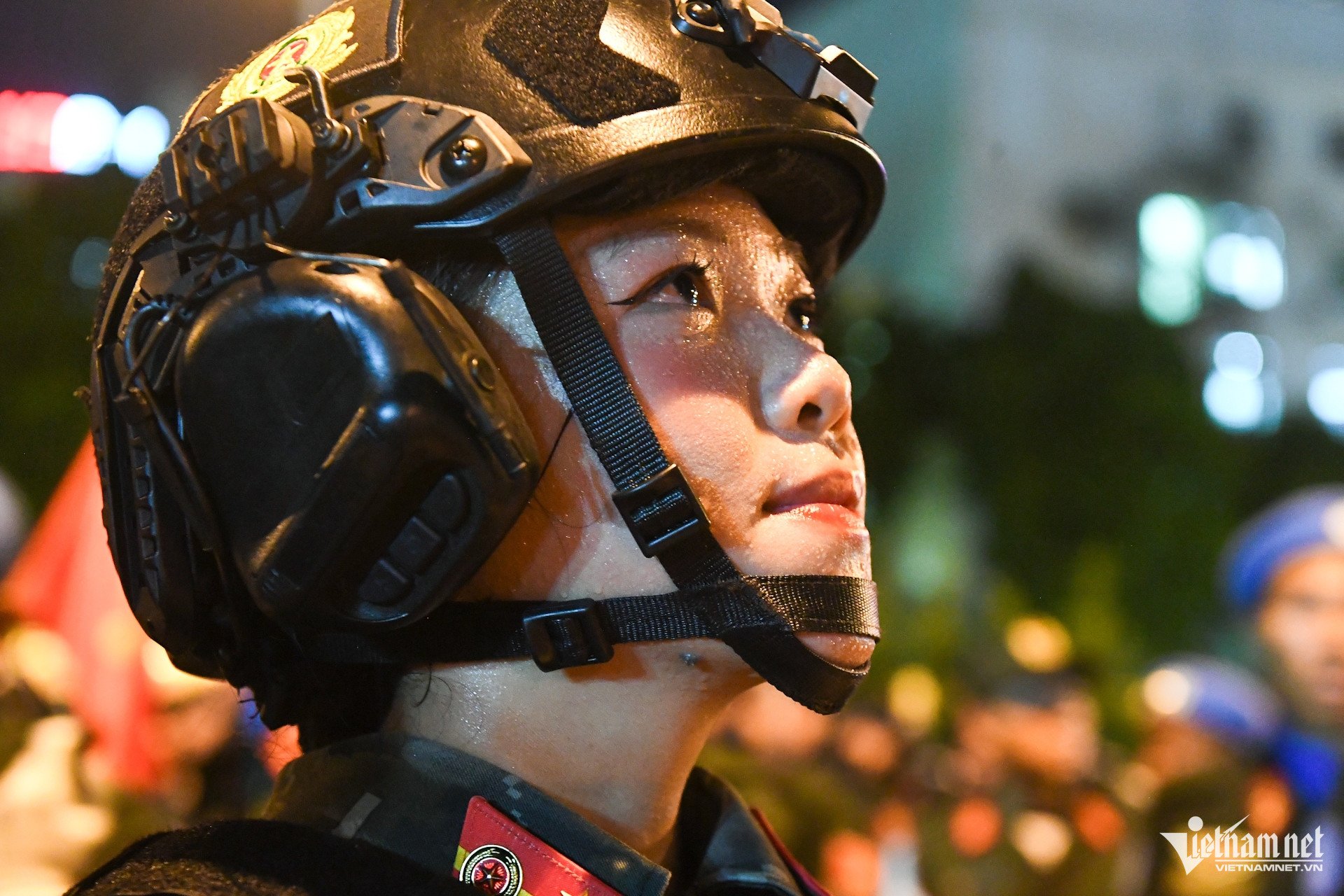
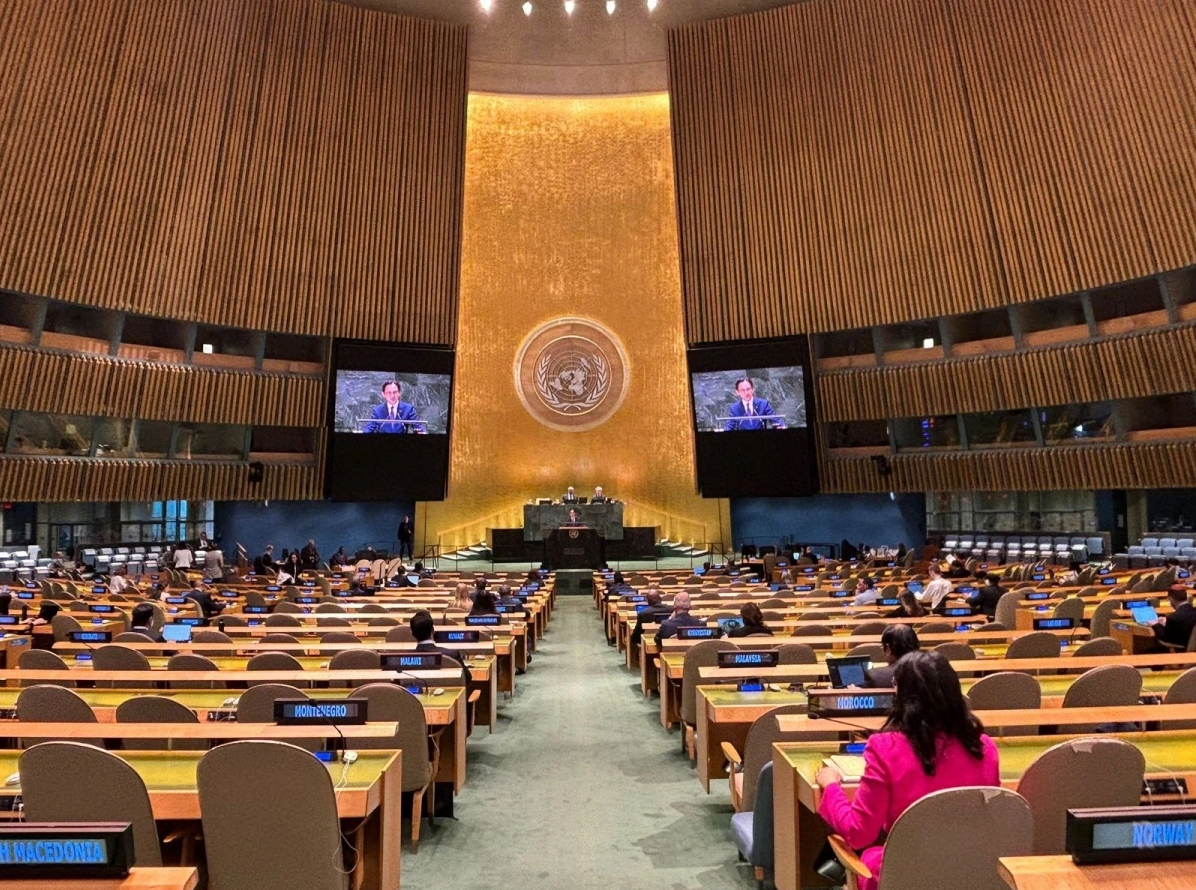
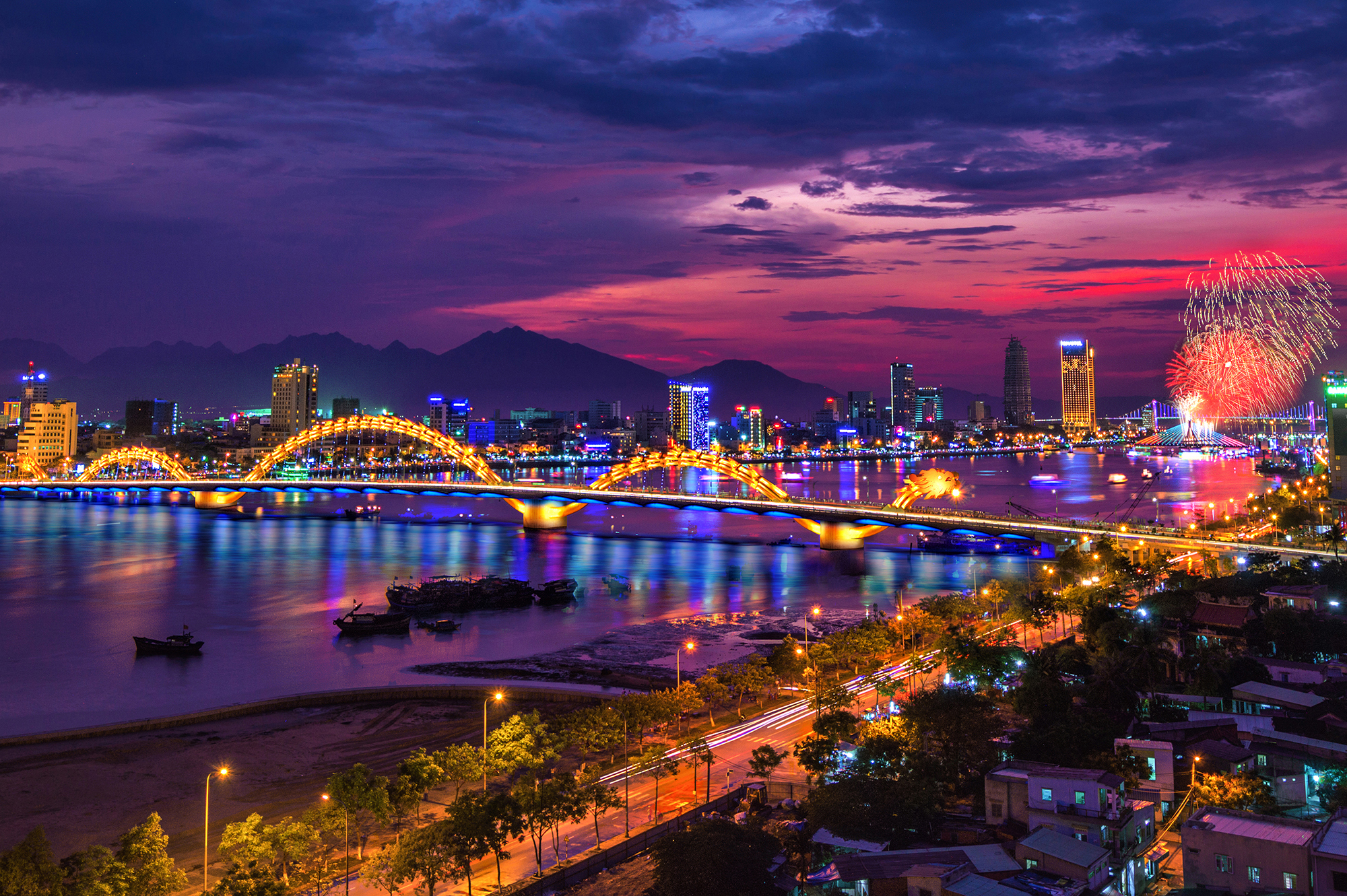
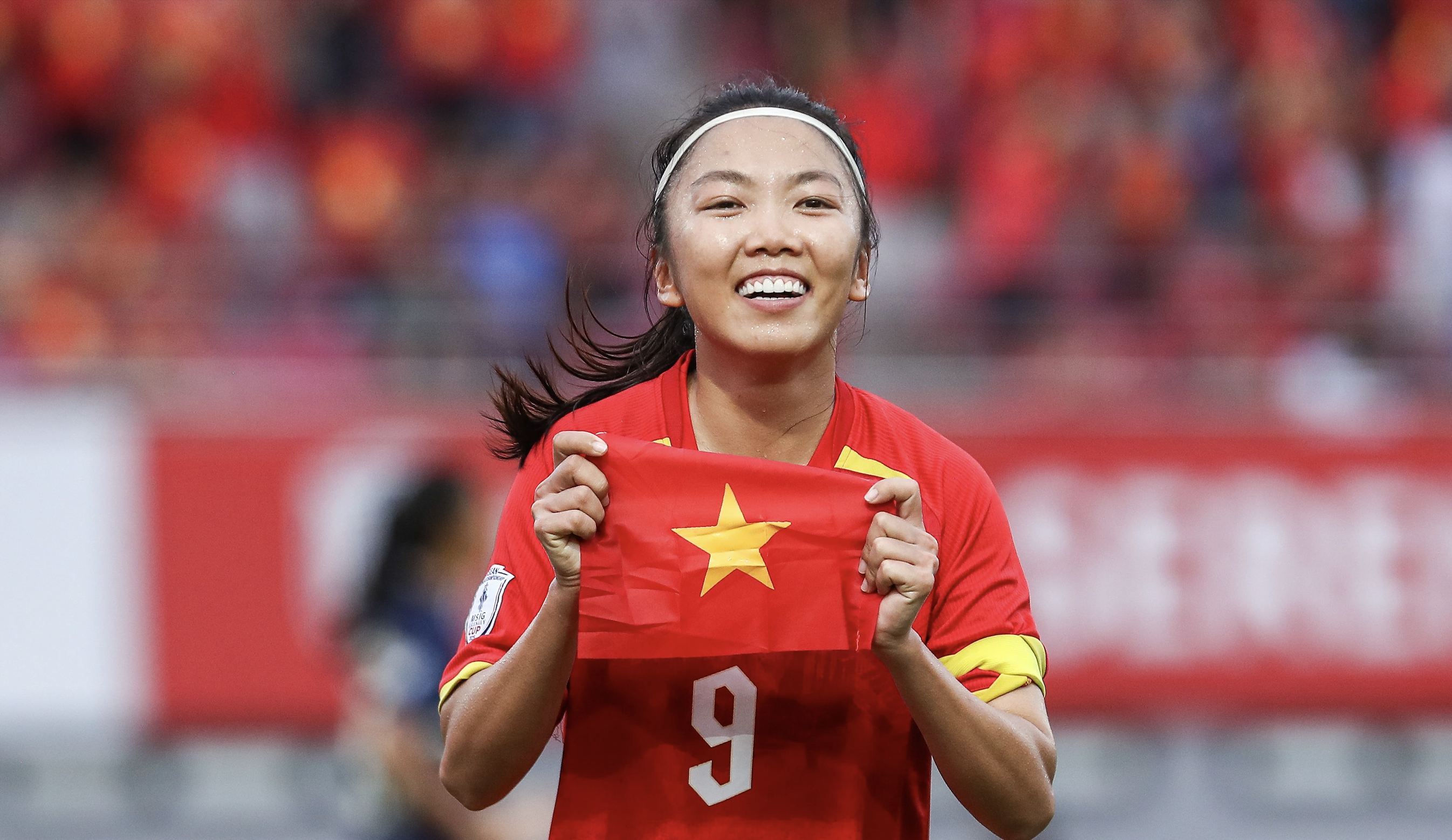














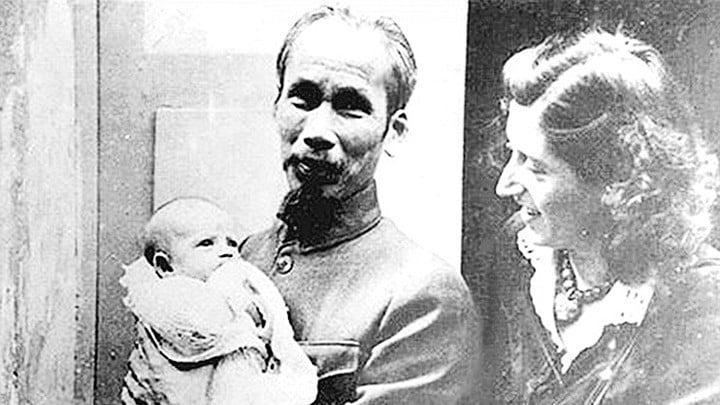









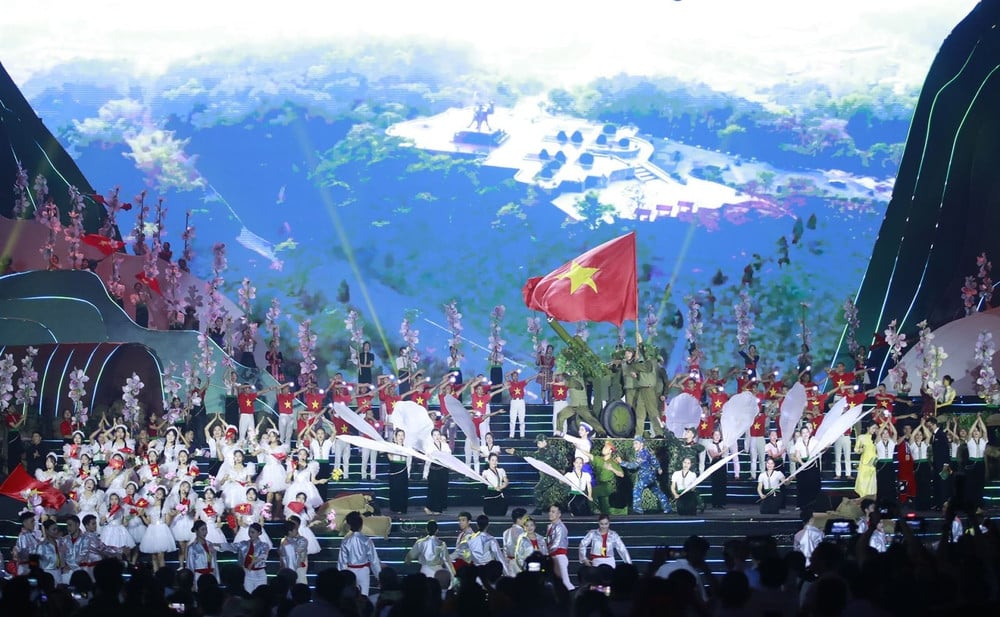

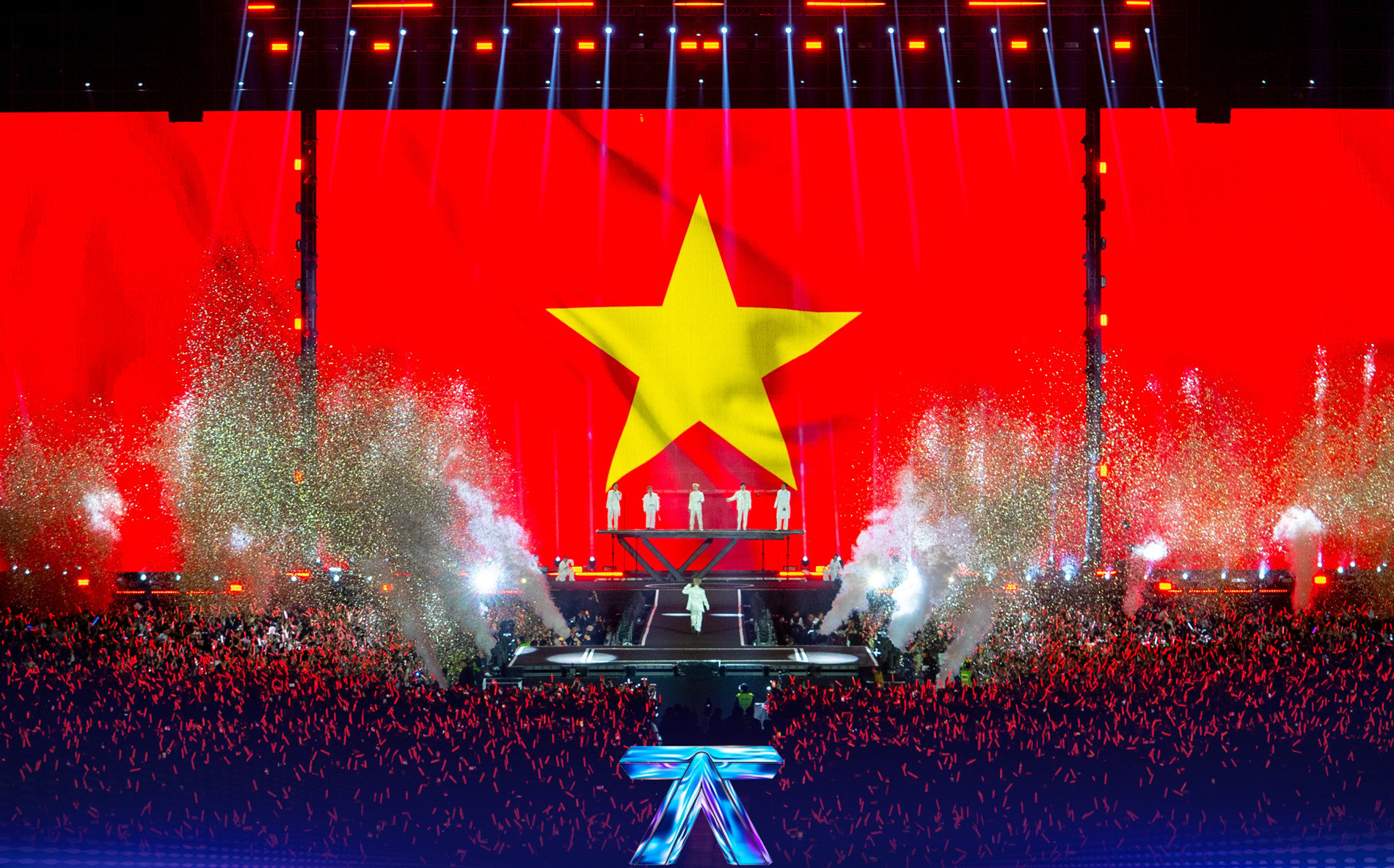

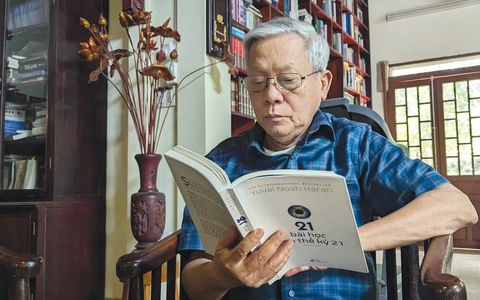
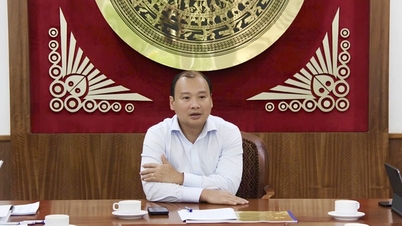

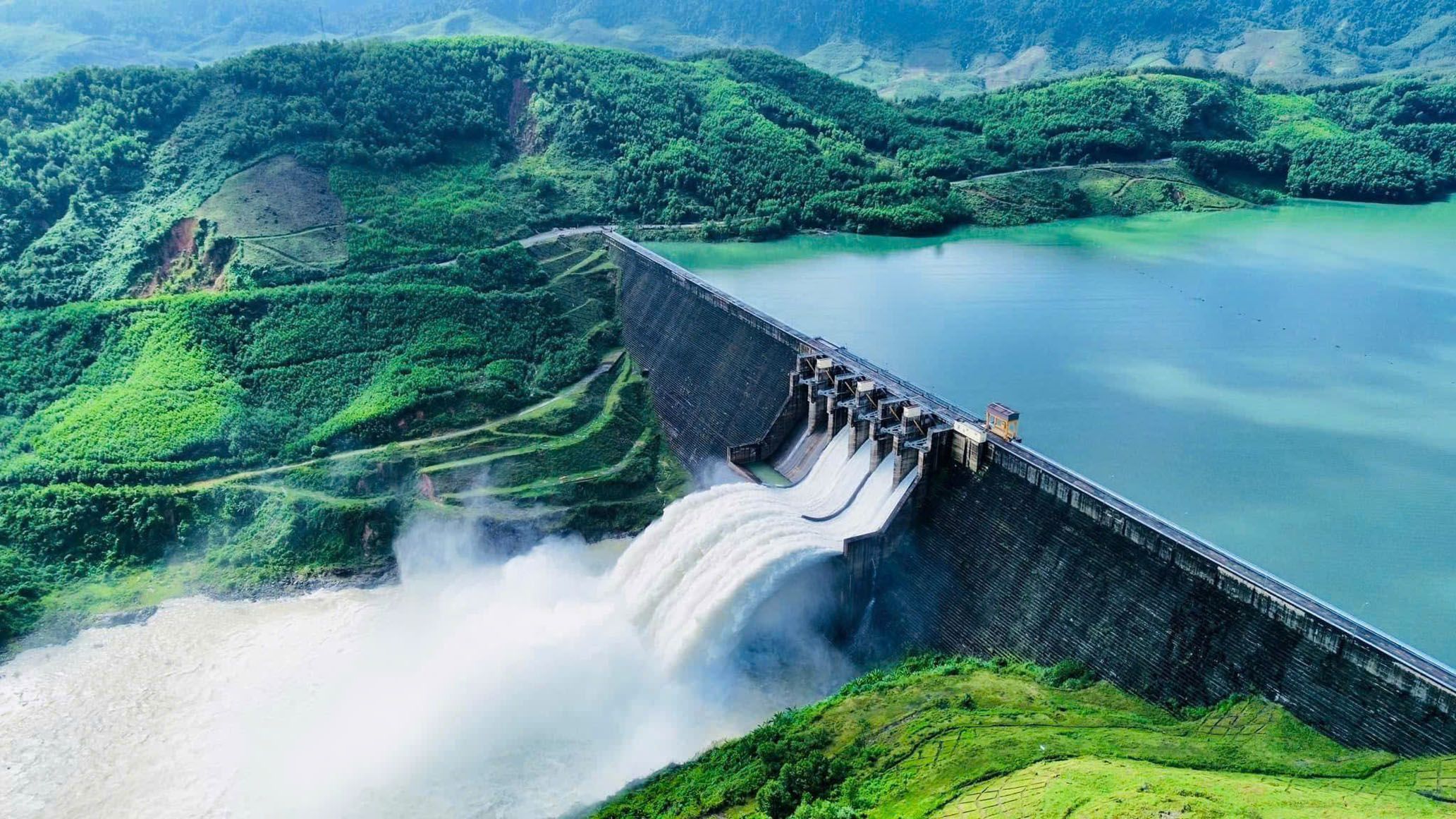
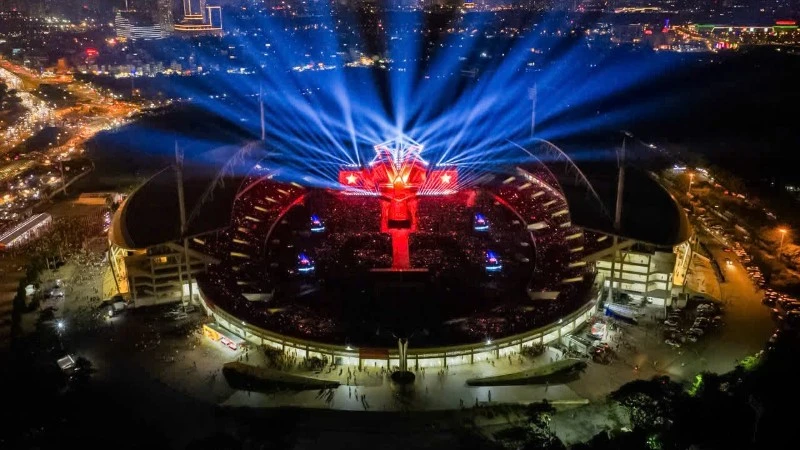
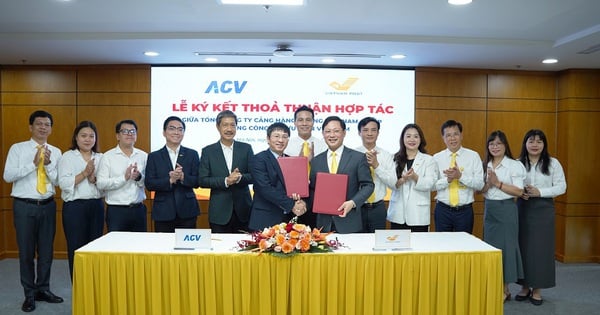

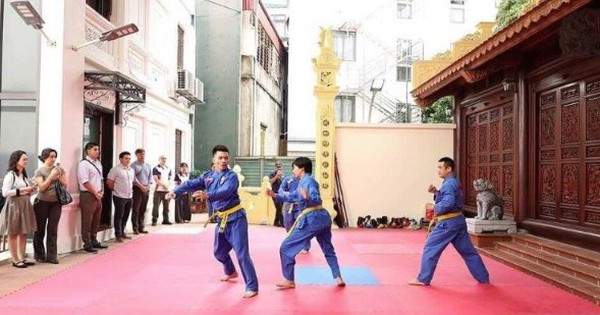


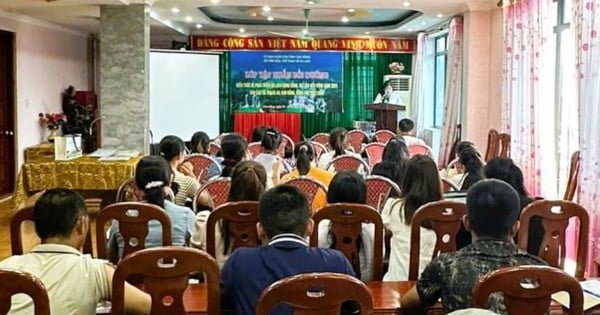
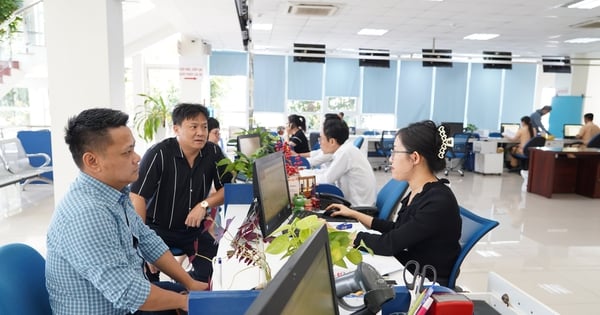












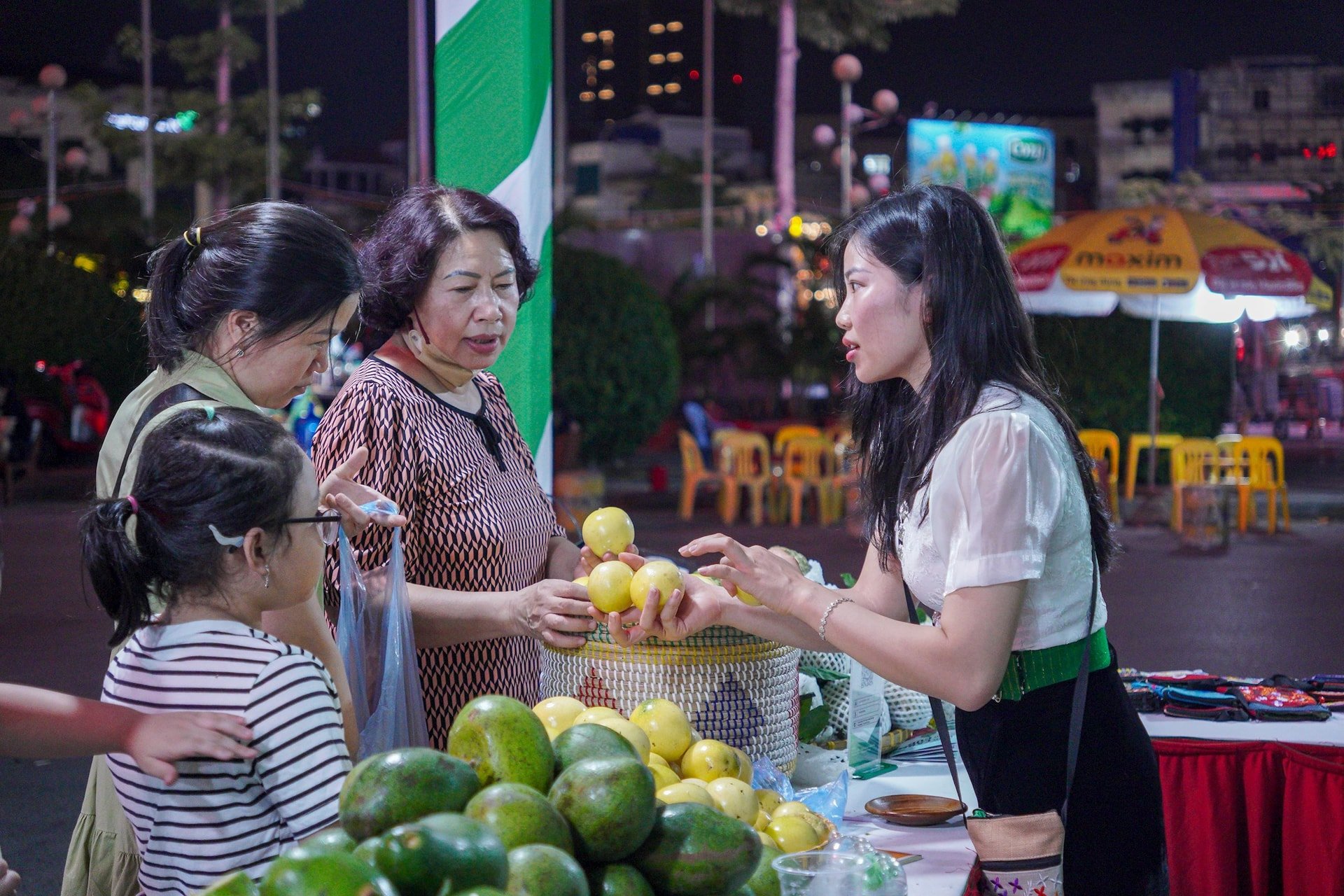

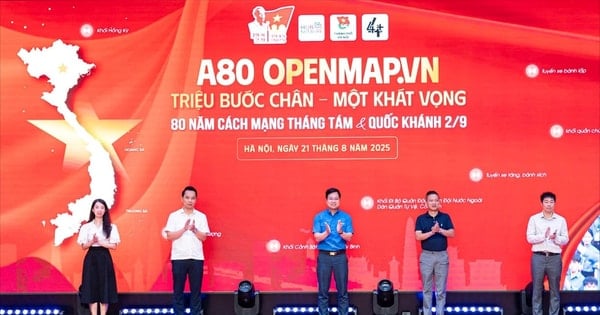

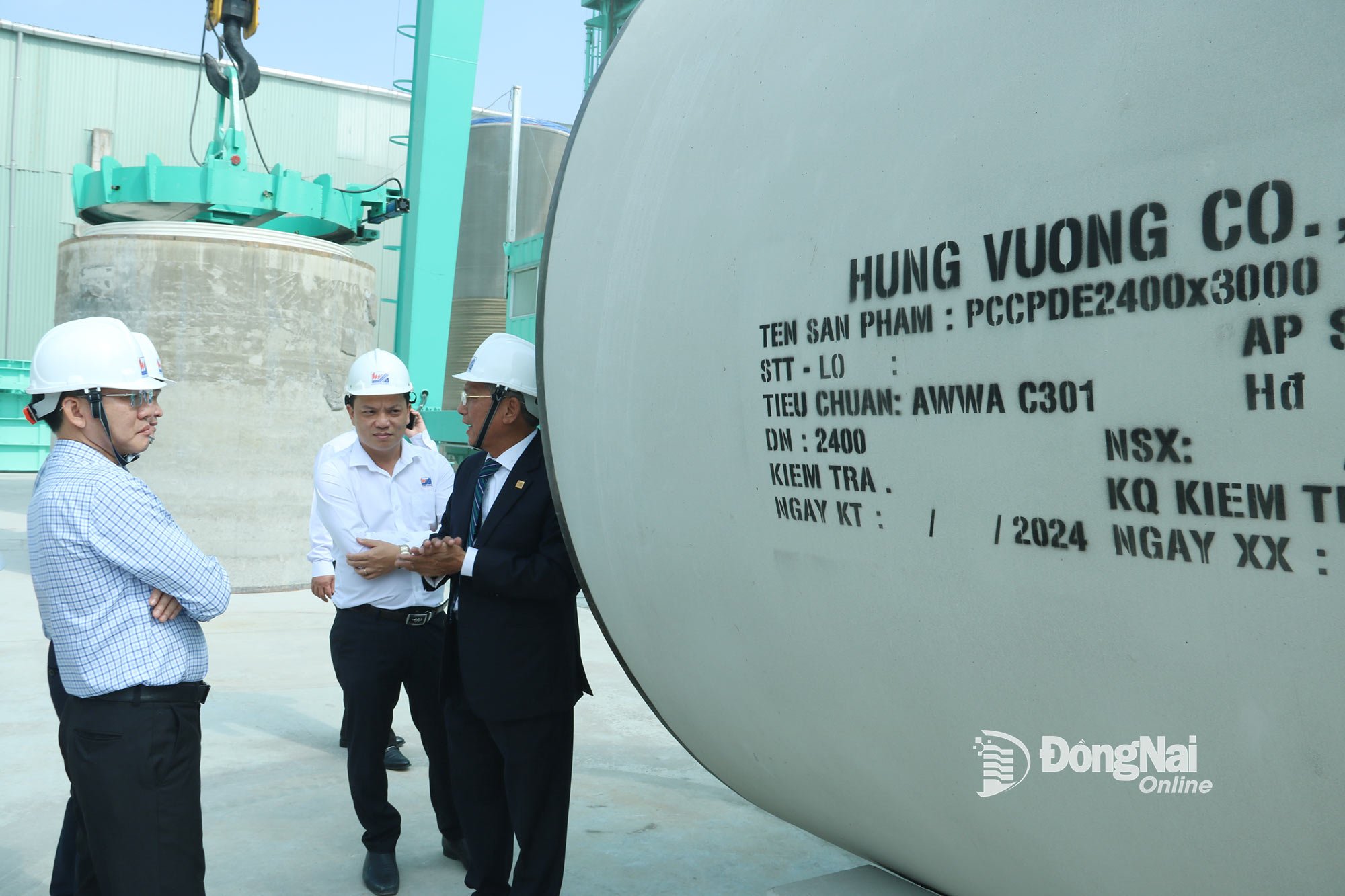






Comment (0)